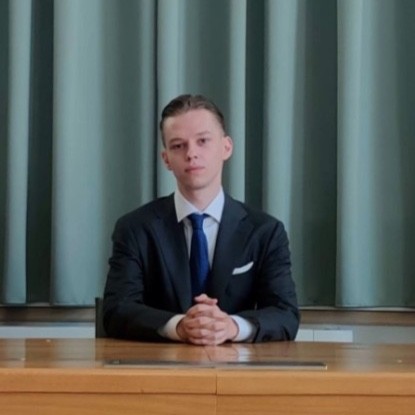
Matt Blaszczyk
Georgetown University Law Cente
Matt Blaszczyk has worked on the intersections of law and technology at the Federal Trade Commission, the Center for Monetary and Financial Alternatives, Cato Institute, the International Institute for the Unification of Private Law (UNIDROIT), and as a postgraduate legal research fellow at King’s College London. He has served on the editorial boards of the Georgetown Journal of International Law, the University of Bologna Law Review, and the King’s Student Law Review Forum. While in law school, Matt undertook fellowships at the Institute of International Economic Law (IIEL) and the Mercatus Center. He has worked with leading legal scholars and practitioners and for legal clinics in London and Washington, DC.
Matt’s scholarship explores artificial intelligence and copyright, blockchain and financial technology, antitrust, freedom of speech, cyberlaw, and transnational law. He has published in the North Carolina Journal of Law & Technology, the Touro Law Review, the California Western Law Review, and the North Dakota Law Review. His work has been featured on the Kluwer Copyright Blog, the IPKat, and the Georgetown Journal of International Law Blog.
Matt holds an LLM from Georgetown University Law Center (2023), an LLB from the Dickson Poon School of Law, King’s College London (2022), and a Certificate in Transnational Legal Studies from the Center for Transnational Legal Studies, London (2022). He undertook additional studies in privacy law at University College London (2021).

Recent Articles by Matt Blaszczyk
Recently, Wen Xie argued on IPWatchdog that the U.S. Copyright Office (USCO) and the U.S. Patent and Trademark Office (USPTO) have reached different conclusions regarding “the creative and conceiving capabilities of machines,” which leads to intellectual property (IP) law being self-contradictory. According to Xie, the USCO presumes that artificial intelligence (AI) is creative, while the USPTO does not reach a similar conclusion regarding AI inventorship. I disagree.

![[IPWatchdog Logo]](https://ipwatchdog.com/wp-content/themes/IPWatchdog%20-%202023/assets/images/temp/logo-small@2x.png)